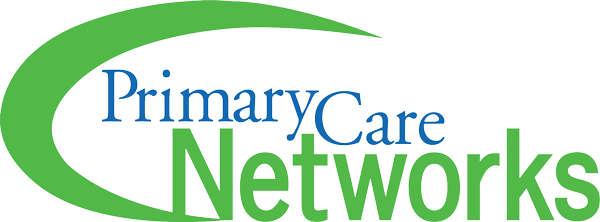Spotlight on nurse practitioners as Alberta focuses on improving access to care
There are about 143 nurse practitioners listed on Alberta Find a Doctor

What is an NP and how are they trained?
An NP is a registered nurse with more than 4,500 hours of experience who has graduate training and education in advanced clinical practice.
In Alberta, NPs have to have completed a bachelor’s degree in nursing and be a registered nurse. They need to have 4,500 hours of experience as an RN, have completed a nurse practitioner program and passed the NP exam for their chosen stream of practice. In Alberta that means they’re trained to a Master’s or PhD level.
They also need to be registered with the College of Registered Nurses of Alberta (CRNA).
Where do NPs work?
- NPs work in a variety of settings inside hospitals, outpatient clinics and in the community.
- The NPs listed on Alberta Find a Doctor work in primary care clinics – most often alongside family physicians and other health professionals. Most are part of and supported by PCNs.
- NPs also work in specialty clinics, home care, long-term care, cancer care, in emergency departments and hospitals.
What do NPs do?
NPs have a broad scope of practice that includes the following:
- Diagnosing and treating common health conditions
- Diagnosing and treating common injuries
- Ordering and interpreting lab tests
- Prescribing medication
- Making referrals to specialists or specialty clinics
- Holistic assessment of a patient’s health and quality of life
- Acting as a patient’s primary care provider
For more information, visit the Nurse Practitioner Association of Alberta.
What is the difference between an NP and a doctor?
One of the main differences between NPs and doctors is their training.
- NPs are registered nurses with a minimum of 4,500 hours of experience who have completed a graduate program.
- Family doctors, also known as family physicians, are medical doctors who specialize in the health care of individuals and families. They must complete 3-4 years of medical school, followed by an additional 2-3-year residency program.
- Family doctors can diagnose and treat a variety of health conditions and diseases but may further specialize in another area of medicine, such as pediatrics (children), maternity, older adults (geriatric medicine) or sports medicine. In Alberta, the College of Physicians and Surgeons of Alberta is responsible for regulating physicians and overseeing the practice of medicine.
- The Government of Alberta says NPs can typically provide about 80 per cent of the medical services a physician provides.
What are the planned legislative changes that will allow NPs to work independently? How are they paid?
- In October 2023, the Government of Alberta announced that a new compensation model is being created that will encourage NPs to work more independently.
- It is due to be launched early in 2024 and will include payment for a specified number of clinical hours and other commitments.
- NPs can also choose to continue to work as part of a team and alongside family doctors.
How do I know if an NP is working independently or as part of a team?
- The best way to know is to ask!
- NPs, just like family doctors, work in a variety of different clinics and settings. When you contact a clinic, ask how their clinicians work and what support is available through NPs, doctors and other health professionals.
- PCNs are experts in team-based care and support clinics and physicians to care for every aspect of a patient’s everyday health needs.
Who regulates NPs in Alberta?
NPs in Alberta must be registered the College of Registered Nurses of Alberta. Through the CRNA, you can:
- Check if an NP is licensed and holds a valid permit to practice. Use the search tool
- Review disciplinary decisions or findings of professional misconduct
- Submit a complaint
If you have a question about NPs on this website, please contact us.
